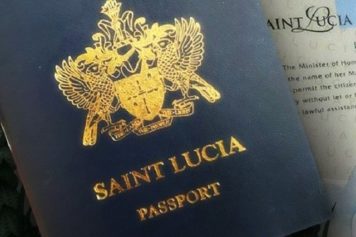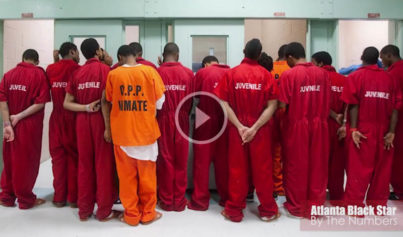American troops who hit the beaches on the tiny Caribbean island of Grenada exactly 30 years ago were bit players in a geopolitical comic opera. The invaders used photocopies of tourist maps, since the U.S. military had no maps of its own for the country. Communication was so confused that one officer had to call his base in North Carolina from a pay phone to request air cover. After an American bomb was mistakenly dropped on a mental hospital, dazed patients wandered aimlessly as heavily armed fighters emerged from surrounding cinnamon and allspice plantations, lending a surreal quality to the operation.
“Grenada is a lovely dot of real estate,” natives like to say it is “just south of paradise, just north of frustration.” Its population at the time of the invasion was 90,000, equivalent to that of Fargo, N.D. In 1983, one of the oddest battles of the Cold War was fought there.
Timing was the reason President Ronald Reagan launched the invasion. Americans were still demoralized from their defeat in Vietnam and the humiliating hostage crisis in Iran. Marxist-led insurgents had seized power in Nicaragua and were ascendant in El Salvador and Guatemala. A senior British officer who watched the Grenada invasion from nearby Barbados, Maj. Mark Adkin, wrote afterward that it was launched because of “the intense desire of the president and his advisers to raise U.S. prestige, particularly at home and in the armed forces, where morale and self-respect had fallen substantially since Vietnam.”
In 1979, a handful of leftists calling themselves the New Jewel Movement seized power in Grenada. Their charismatic leader, the British-educated Maurice Bishop, turned out to be an admirer of Fidel Castro. Some of his comrades, however, considered him insufficiently radical. In October 1983, they deposed and executed him. That gave Reagan his chance.
Reagan had come into office pledging to restore American glory and was looking for a place to flex the country’s military muscle. He had sent Marines to intervene in Lebanon’s civil war, but that had not provided the quick victory he wanted. He was spending a weekend at Augusta National Golf Club when, at 2:27 on the morning of Oct. 23, he was awakened and given one of the worst pieces of news he would hear as president. The Marine barracks in Beirut had been destroyed in a suicide-bomb attack, killing 241 servicemen.
Read the full article here.


